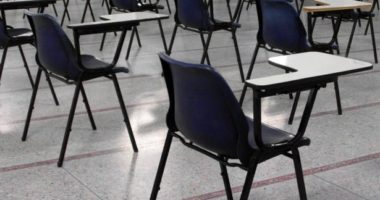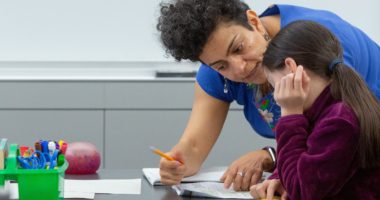Don’t Be Duped by ‘Personal Learning Scholarships’ in FL, AZ
Parents want some authority over their child’s education, and who can blame them? But programs like the personal learning account program approved in Florida last month give parents a false sense of that authority, while shirking the state’s responsibility to ensure a quality education for every student.
On the surface, the “Personal Learning Scholarship Accounts” signed into law by Florida Gov. Rick Scott are appealing: Parents of children with disabilities can take the state money set aside for their children’s education and use it to purchase a variety of programs and services that they believe are best able to serve their kids’ needs.
What could be wrong with that? Turns out, a lot.
Parents can use this money to cobble together a number of service options (including tuition at a private school, tutoring, educational materials, and various types of therapies), none of which is subject to any quality standards or review. Equally troubling is that under this program a student doesn’t have to enroll, or even affiliate, with any school — either public or private. Parents, then, are duped into investing in an accountability-free education system, while the state dodges its responsibility to provide an adequate public education.
This has already happened in Arizona, which approved a similar program (also dressed up in the enticing “Empowerment Scholarship Accounts” title) in 2011. There, the program also started with families of children with disabilities, but now it has expanded to include students assigned to public schools or school districts with a “D” or “F” letter grade, children of active-duty military members, and youth adopted from the state’s foster care system. In Arizona, students in this program cannot be enrolled in a public or charter school, and by participating, “the parent is releasing the school and school district from all obligations to educate the student,” according to a state document. The state gives about $5,300 to parents for each participating student (students with disabilities can receive more), and they purchase programs and services without any proof of effectiveness or quality. In 2013-14, 731 students participated, amounting to at least $3.8 million.
For the state, accountability is intended to be inherent to the program — if parents don’t see the progress they want, they will go elsewhere. But without common quality standards and data that show how participating students are faring, parents do not have what they need to make informed decisions about which schools or services would serve their students best, and policymakers do not know whether taxpayer dollars are generating results.











